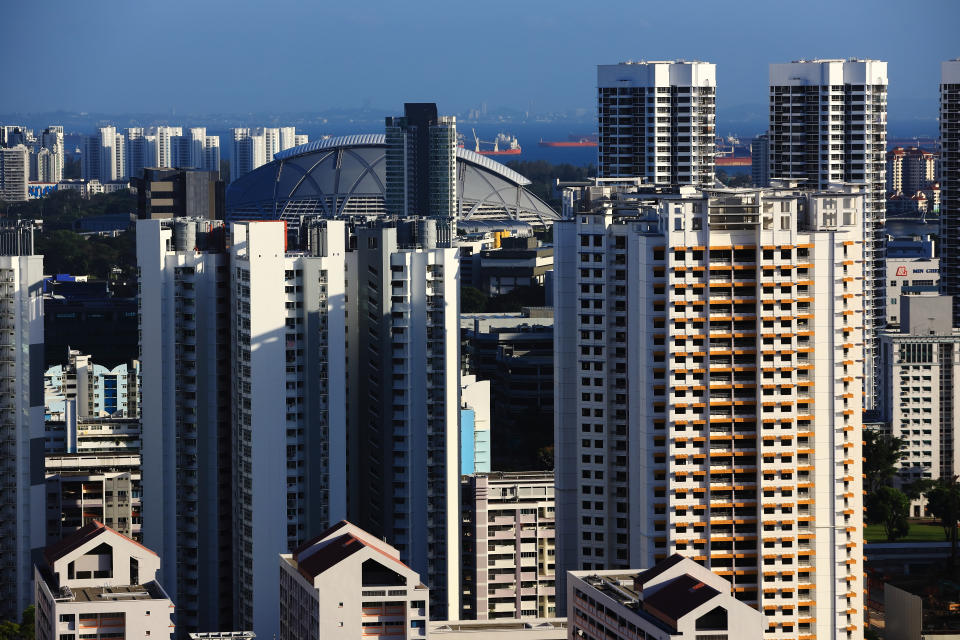Singapore frees listed local developers from home-sale rule

By Faris Mokhtar
(Bloomberg) -- Singapore home builders will have one less restriction to worry about after changes to the rules under which some real estate firms operating in the city-state sell apartments.
Publicly listed housing developers with a “substantial connection to Singapore” will be allowed an exemption from the Qualifying Certificate regime, according to a statement Thursday from the Ministry of Law and Singapore Land Authority.
Under the so-called QC regime, firms must complete development within five years and sell all units in a project within two years of its completion. The rule exists to ensure developers build and sell apartments in a timely manner and don’t hoard them until property prices are more favorable.
The system has long been a bugbear for listed homegrown developers because they’re caught in a conundrum of having to pay high fees and at the same time not wanting to cut their home prices. Some have even chosen to delist to avoid the charges. In 2013, SC Global’s delisting was seen as one such attempt.
City Developments Ltd. Chairman Kwek Leng Beng said in 2013 that the QC regime makes things difficult for developers. “With these qualifying certificates, it will be suicidal to keep buying land at high prices just because we want a land bank,” Kwek said.
To be exempted from the QC regime, a publicly listed developer has to meet the following criteria:
it has to be incorporated in Singapore
be listed on the Singapore stock exchange and headquartered in the city-state
its chairperson and majority of its board members are Singaporeans
have a significantly Singaporean substantial shareholding interest in the company
have a track record in Singapore
The changes will be implemented with immediate effect and reflected in legislation later this year, according to Thursday’s statement.
Tougher Environment
“We welcome the move by Ministry of Law as it now recognizes publicly listed housing developers with a substantial connection to Singapore to be treated as Singapore companies when they acquire residential land for development,” UOL Group Ltd. Group Chief Executive Liam Wee Sin said.
Liam also said home builders in Singapore were facing tough conditions with the outbreak of the sometimes deadly coronavirus.
“It is also timely especially due to the outbreak of the novel coronavirus, where Singapore developers and the real estate industry are facing unprecedented and rapidly evolving challenges,” he said. “We look forward to a more holistic approach from the government to address the current difficult situation.”
The government also said it’s making no changes to the nation’s existing property market cooling measures, which were “put in place to keep private residential property price increases in line with economic fundamentals.”
All developers will continue to be subject to the prevailing Additional Buyer’s Stamp Duty. That regime requires, among other conditions, developers to sell all units in a residential project within a specified timeline, failing which they will be subject to the additional levies.
Currently, developers that have foreign board members or shareholders -- even though Singaporeans make up the majority -- as well as those that are completely foreign owned are subject to the QC rule. They can get an extension, but only after paying a fee.
As of Jan 6., there were 122 developers considered as foreign, holding 136 qualifying certificates. Of the 122, 37 are wholly owned by publicly listed entities.
Since the QC regime was revised in 2011 to include the extension charges, developers have paid an estimated S$200 million ($144 million) in such levies, the Ministry of Law said Thursday.
© 2020 Bloomberg L.P.

 Yahoo Finance
Yahoo Finance 